The Ultimate Guide to a Healthy Heart in 2025: Proven Strategies for Long-Term Wellness
In today’s fast-paced world, heart attacks have become alarmingly common—even among younger adults. But here’s the encouraging news: most heart attacks are preventable through healthy lifestyle choices.
Whether you’re managing risk factors like high blood pressure, cholesterol, or family history—or just want to stay proactive—learning how to prevent a heart attack naturally is one of the smartest steps you can take for your health.
In this guide, we’ll explore 10 natural, science-backed ways to reduce your risk of heart attack, improve cardiovascular function, and live a longer, healthier life.
🫀 What Causes a Heart Attack?
A heart attack, or myocardial infarction, occurs when blood flow to a part of the heart is blocked—usually by a buildup of plaque in the coronary arteries. Without enough oxygen, heart muscle cells begin to die, leading to serious, sometimes fatal damage.
Key risk factors include:
High blood pressure
High LDL (“bad”) cholesterol
Obesity
Smoking
Diabetes
Chronic stress
Sedentary lifestyle
Poor diet
Genetics
While you can’t change your genes, you can control most of the other factors naturally—and that’s where this article comes in.
🥦 1. Eat a Heart-Healthy Diet
Your heart is directly affected by what you eat. A diet rich in whole, natural foods helps reduce inflammation, lower blood pressure, and control cholesterol—all key to preventing heart disease.
What to eat:
Fruits & Vegetables (5+ servings/day): High in fiber, vitamins, and antioxidants.
Fatty Fish (salmon, sardines): Rich in omega-3 fatty acids that reduce triglycerides.
Whole Grains (oats, brown rice, quinoa): Support healthy cholesterol levels.
Nuts & Seeds (walnuts, flaxseeds, chia): Provide heart-protective fats.
Olive Oil: A core of the Mediterranean diet, known for reducing heart disease risk.
What to avoid:
Processed foods
Sugary snacks and drinks
Excess sodium (limit to <2,300mg/day)
Trans fats and hydrogenated oils
📝 Keywords: heart-healthy foods, natural diet for heart health, foods to prevent heart attack
🚶 2. Move More: Exercise Regularly
Exercise is one of the most powerful natural ways to prevent a heart attack. It strengthens the heart muscle, improves circulation, reduces blood pressure, and lowers bad cholesterol (LDL) while increasing good cholesterol (HDL).
Recommended Routine:
150 minutes/week of moderate aerobic activity (e.g., brisk walking, swimming)
OR 75 minutes/week of vigorous activity (e.g., jogging, cycling)
Include 2 days/week of strength training
Even short walks after meals or light stretching in the morning can make a big difference.
📝 Keywords: heart attack prevention exercise, cardio workouts for heart health
🚭 3. Quit Smoking (or Never Start)
Smoking damages your arteries, increases blood pressure, reduces oxygen in your blood, and accelerates plaque buildup—all of which drastically increase the risk of a heart attack.
Good news:
Risk drops significantly within 1 year of quitting
Within 5 years, your risk of heart attack becomes similar to a non-smoker
If you're struggling, talk to your doctor about nicotine replacement therapies or behavioral support.
📝 Keywords: quit smoking heart health, smoking and heart disease risk
🧂 4. Control Blood Pressure Naturally
High blood pressure, or hypertension, is one of the most common—and dangerous—risk factors for heart attack. It silently damages arteries over time and increases the heart’s workload.
Natural ways to lower blood pressure:
Reduce salt intake
Increase potassium-rich foods (bananas, spinach, avocado)
Exercise regularly
Manage stress (more on that below)
Maintain a healthy weight
Drink hibiscus or green tea
📝 Keywords: natural ways to lower blood pressure, home remedies for hypertension
😴 5. Prioritize Sleep
Lack of sleep can raise your risk of high blood pressure, weight gain, and inflammation—all linked to heart disease. Quality rest is when your body repairs itself, including your cardiovascular system.
Aim for:
7–9 hours of uninterrupted sleep each night
A consistent sleep schedule—even on weekends
A screen-free, dark, and cool bedroom
If you snore loudly or feel tired despite enough sleep, check for sleep apnea, a hidden heart risk.
📝 Keywords: sleep and heart health, how sleep affects the heart
🧘 6. Reduce Chronic Stress
Long-term stress can raise cortisol levels, increase blood pressure, and contribute to unhealthy habits like overeating or smoking—all risk factors for heart attack.
Natural stress relievers:
Meditation or mindfulness
Yoga or tai chi
Deep breathing exercises
Nature walks or gardening
Limiting screen time and news exposure
Find what calms you—and make it part of your daily routine.
📝 Keywords: stress management for heart, mindfulness heart health benefits
⚖️ 7. Maintain a Healthy Weight
Carrying extra weight—especially belly fat—is strongly associated with heart attacks, type 2 diabetes, and high blood pressure.
Steps to maintain a healthy weight:
Combine a clean, whole-food diet with regular activity
Focus on sustainable changes, not fad diets
Track your BMI (aim for 18.5–24.9) and waist circumference (less than 40” for men, 35” for women)
Even losing 5–10% of your body weight can drastically reduce your risk of a heart attack.
📝 Keywords: natural weight loss for heart, how weight affects heart health
🍷 8. Limit Alcohol Intake
Excess alcohol can raise blood pressure and triglycerides, damage the heart muscle, and trigger arrhythmias.
If you drink:
Men: Max 2 drinks/day
Women: Max 1 drink/day
Red wine may offer some heart benefits due to resveratrol, but the risks of overconsumption outweigh the benefits.
📝 Keywords: alcohol and heart attack risk, red wine heart health facts
💧 9. Stay Hydrated
Proper hydration helps regulate blood pressure, supports circulation, and aids in detoxifying your body—all important for a healthy heart.
Tip:
Aim for 8–10 glasses of water daily
Avoid sugary drinks and limit caffeine
Hydration is especially important during exercise, hot weather, and when taking medications.
📝 Keywords: hydration and heart health, how much water for heart support
🩺 10. Get Regular Health Screenings
Many heart attack risk factors are silent—you won’t feel high cholesterol or prediabetes creeping in. That’s why annual check-ups are essential.
Track regularly:
Blood pressure
Total cholesterol, LDL, HDL
Triglycerides
Blood sugar (A1C)
Weight and BMI
If you have a family history of heart disease, start early and stay consistent with screenings.
📝 Keywords: heart health checkup, blood tests to prevent heart disease
🌿 Bonus: Consider Natural Supplements
While lifestyle changes are key, some natural supplements may support your heart health, especially when combined with a balanced diet.
Common heart-supportive supplements:
Omega-3 fatty acids (fish oil)
CoQ10 (improves energy production in heart cells)
Magnesium (regulates blood pressure)
Garlic extract (may help lower cholesterol and blood pressure)
Turmeric (Curcumin) (anti-inflammatory benefits)
Always consult your doctor before starting any supplement—especially if you’re on medication.
📝 Keywords: heart health supplements, best natural supplements for heart
✅ Final Thoughts: Your Heart, Your Responsibility
Preventing a heart attack naturally isn’t about doing one thing perfectly—it’s about doing many small things consistently. Eating better, moving more, managing stress, sleeping well, and staying connected all work together to protect your heart.
Start small. Pick one habit this week—maybe adding a morning walk or cutting back on salt—and build from there. Your heart will thank you.
 Click here to buy Mitolyn
Click here to buy Mitolyn
 Click here to buy Mitolyn
Click here to buy Mitolyn








 Click here to buy Sleep-Lean
Click here to buy Sleep-Lean
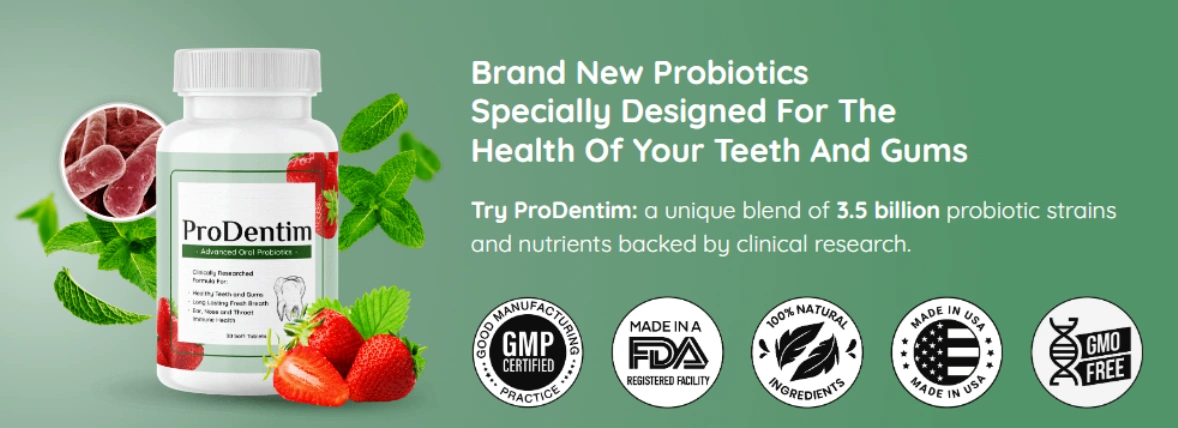
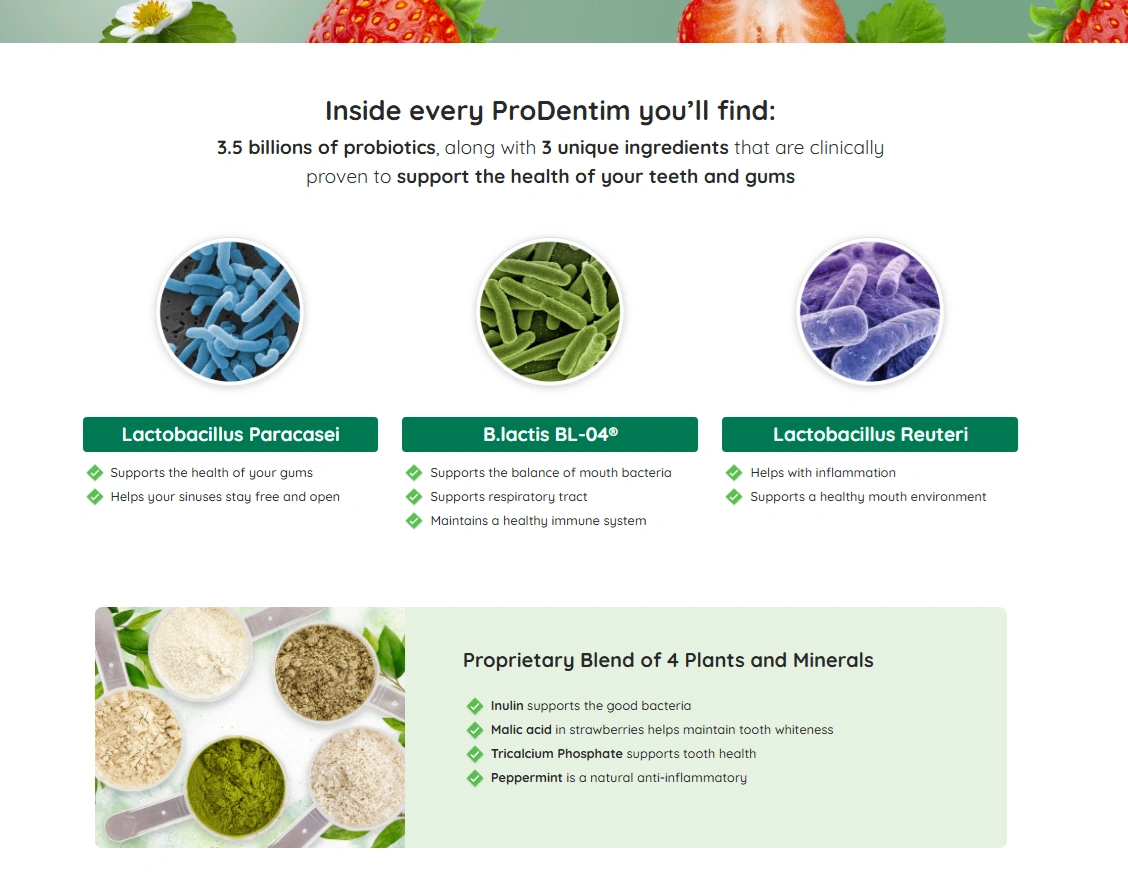 Click here
Click here

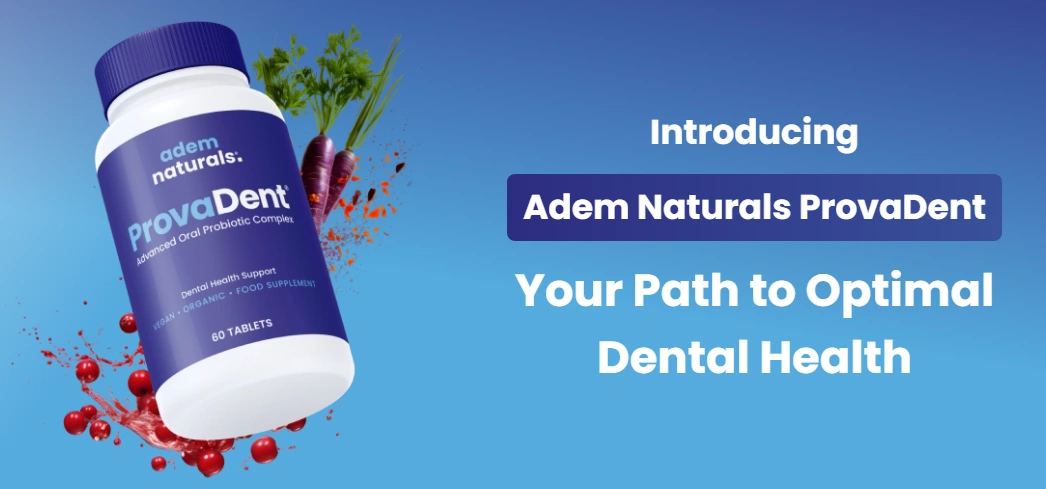
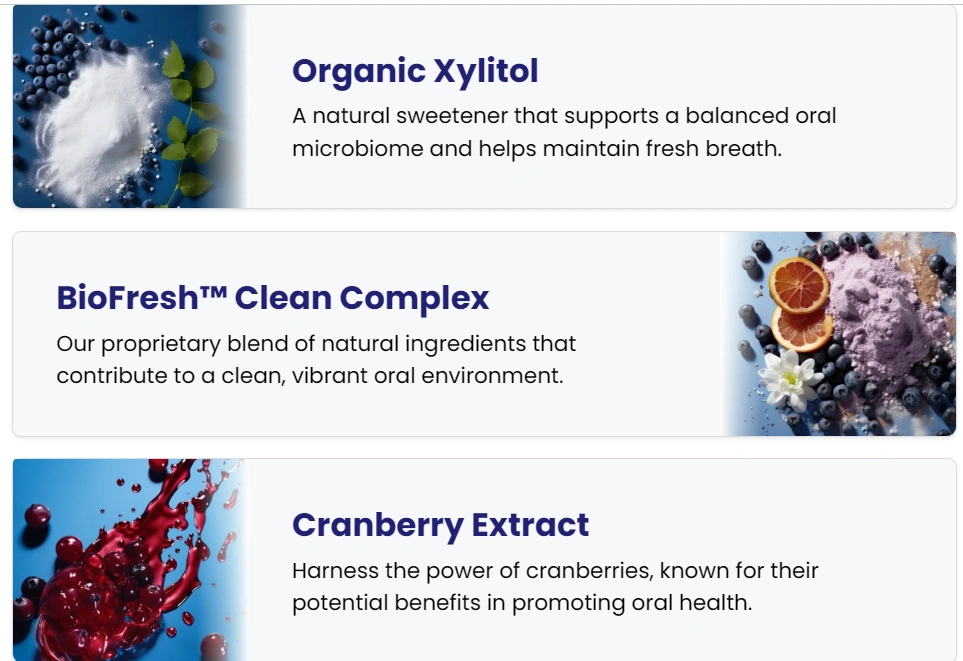 Click here
Click here 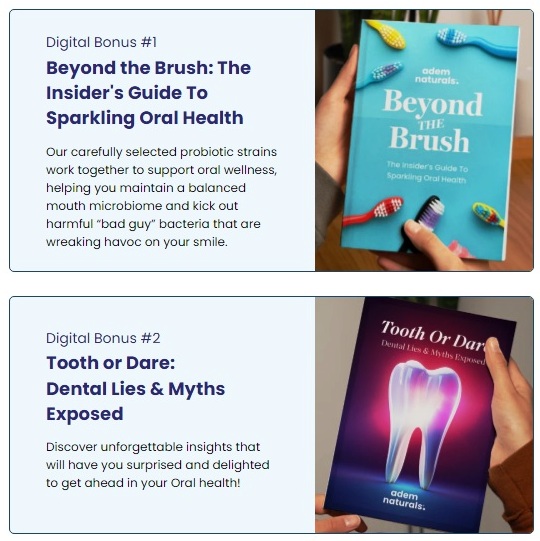

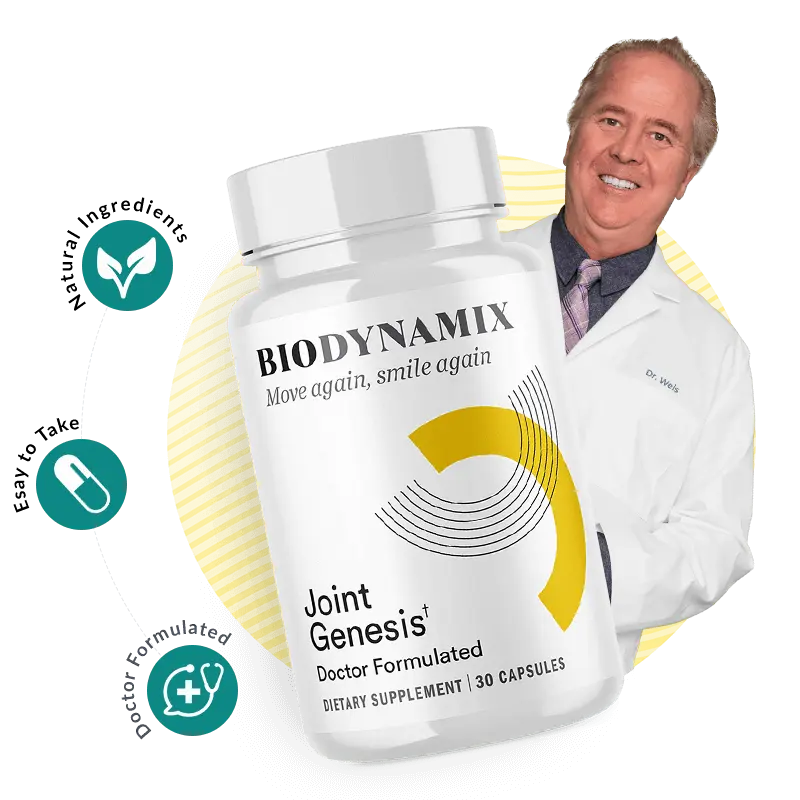 Click here
Click here Click here to buy
Click here to buy

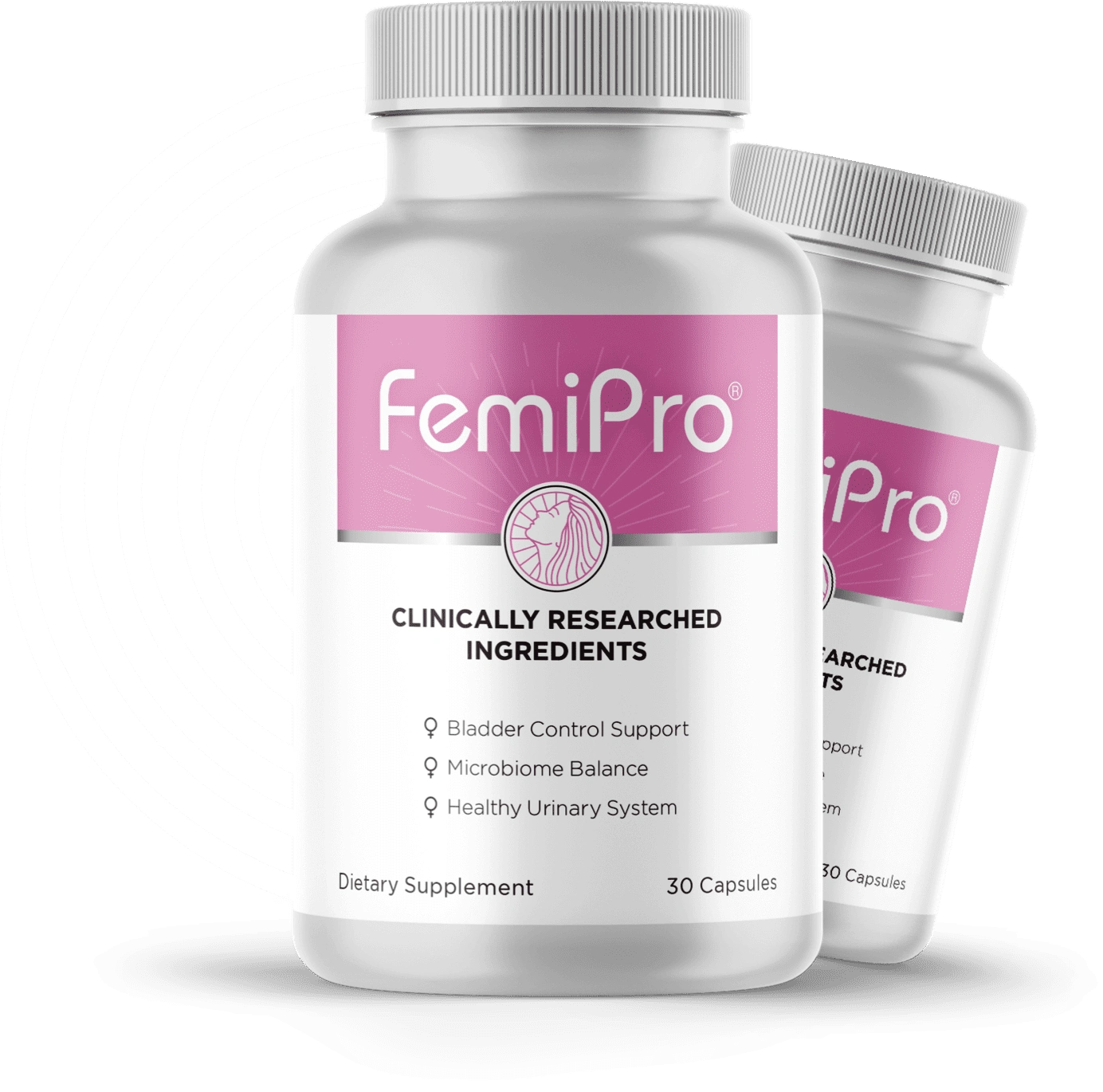 Click here
Click here


 Click here
Click here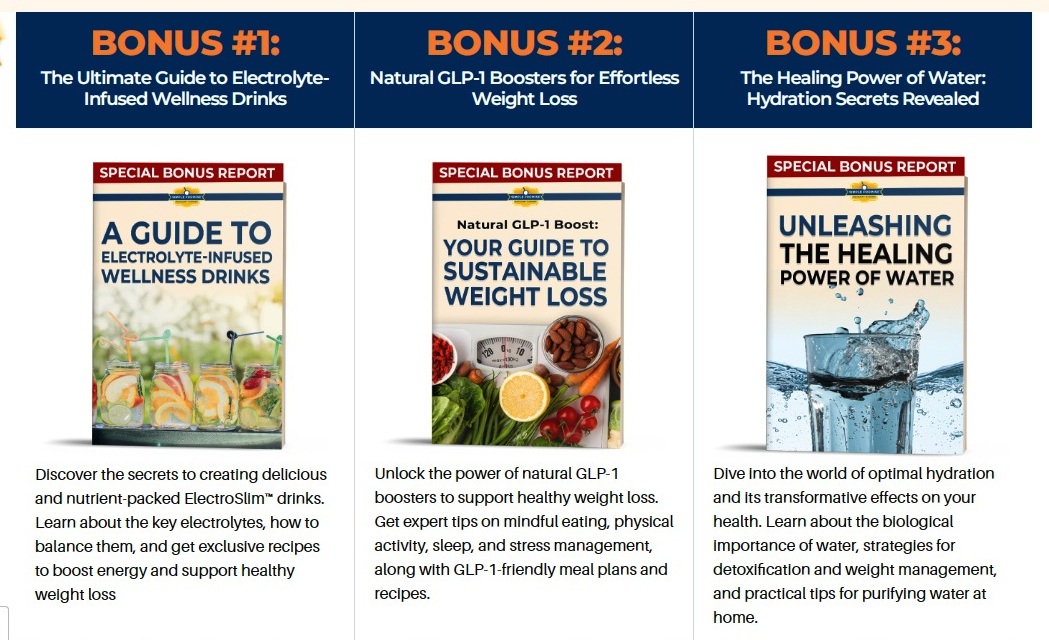



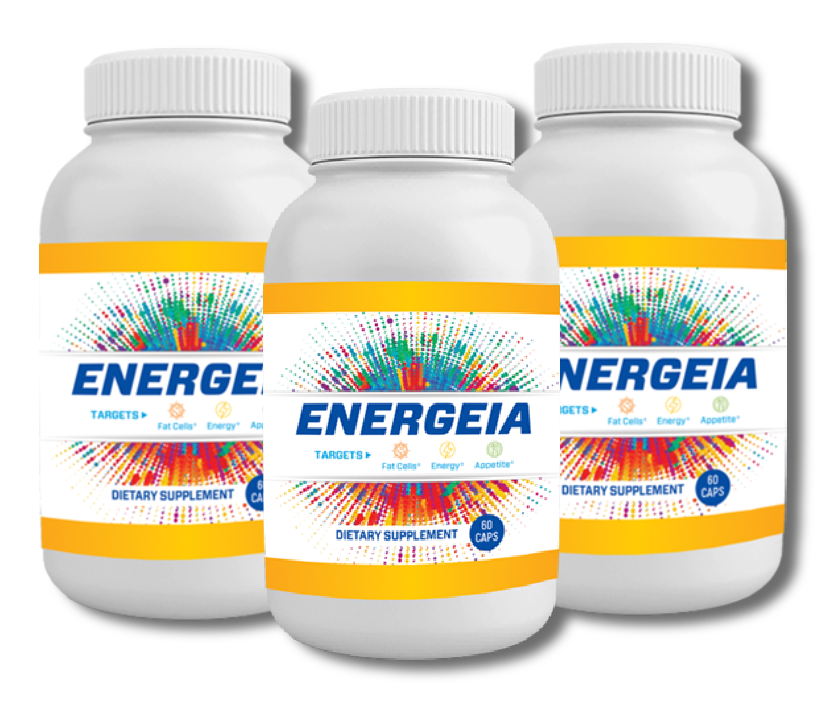


 Click here
Click here
 Click here to grab the offer
Click here to grab the offer
 Click here to Download FREE E-book
Click here to Download FREE E-book
 Click here to grab the offer
Click here to grab the offer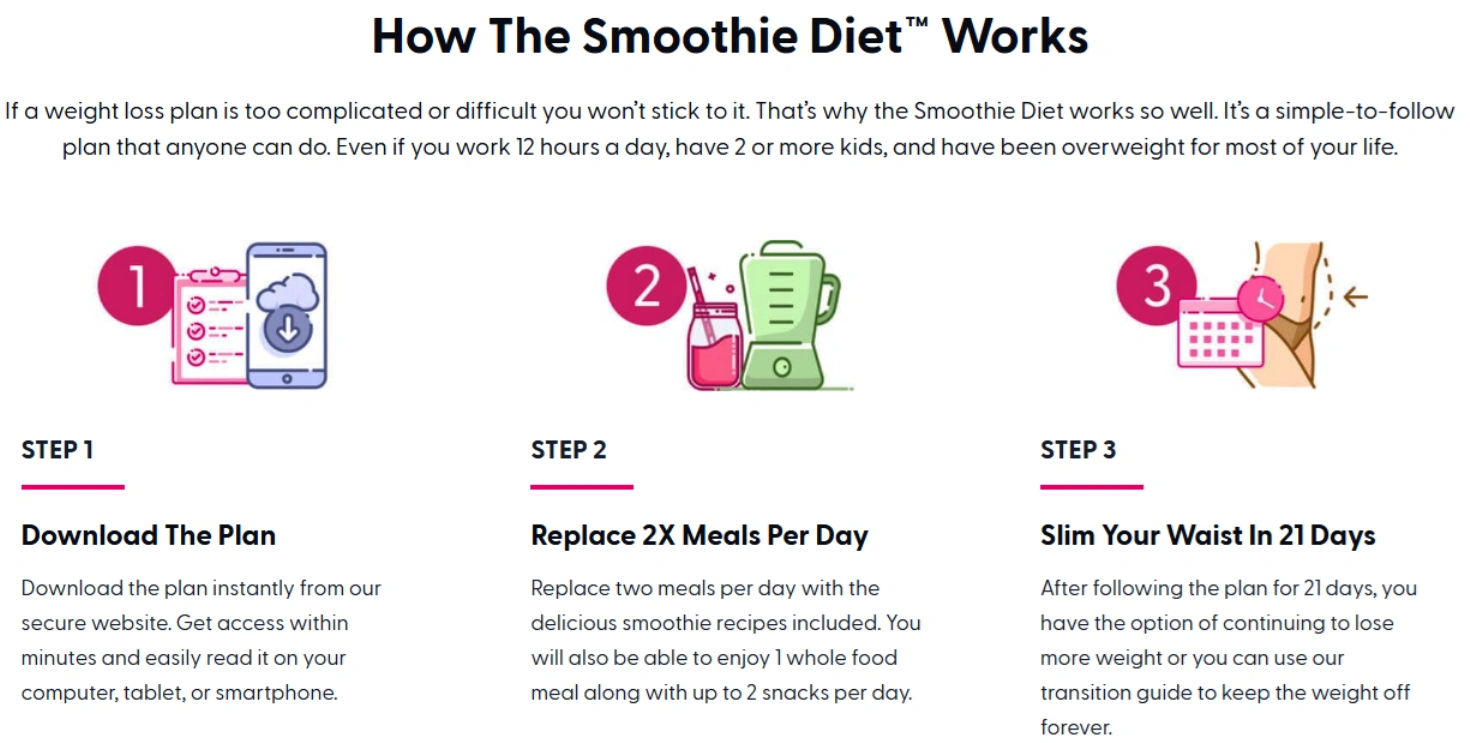 Click here for more info
Click here for more info Click here to Buy
Click here to Buy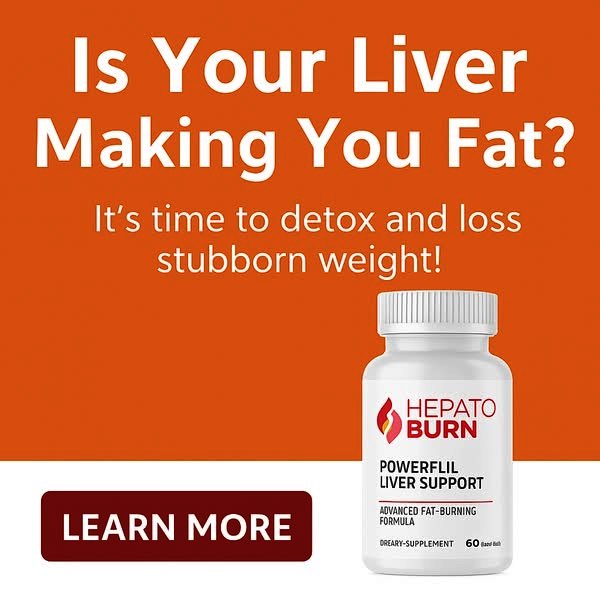 Click here to buy
Click here to buy Click here to buy
Click here to buy